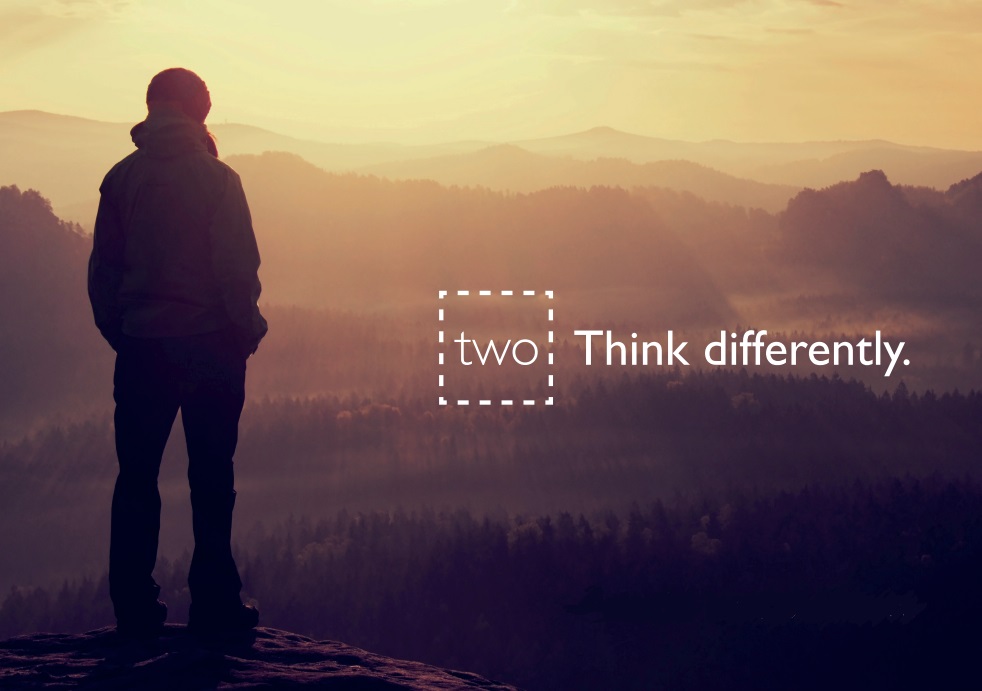This time of year is often a time for reflection. The pressure to wrap things up before the end of the year can be overwhelming and possibly you are already dreading your return to work in January? Maybe it is time to do something differently.
We have many conversations with patent and trade mark attorneys who are reflecting on what is important to them and who are looking for a better way of working. It can, though, be a challenge to work out what that might be.
In this blog, we share some of the questions we ask attorneys to help them think about what is important to them in life and in work – so they can start visualising what they want their future to look like.
If you want to start thinking differently about your career, then you might find these questions useful:
1. What is it about your work life that you don’t currently enjoy?
Do you find your billing targets and workload stressful? We know that that many attorneys do – the IP Inclusive and CIPA mental wellbeing report confirms this. Maybe you have had enough of the politics at work? Or maybe you’re spending too much time on managing others, rather than doing the work you love?
2. What do you want this change to enable you to do?
Is there something that you want to do that is driving you to consider a change? Perhaps it’s to do with your home life or maybe it’s a creative challenge that appeals to you? It might not be one single thing but a series of events or decision points that have led you to look for a different route.
3. What is important to you in your career?
What do you still want to achieve in your career? This might not be traditional goals such as partnership but might be about working with particular clients or solving emerging technical challenges.
4. What would your ideal working week look like?
What days would you work? What hours would you do each week? Where would you ideally work? These all make a difference to our quality of life and our ability to do things outside of work which are important to us.
5. What would you like to do more of outside of work?
It is easy to get trapped by the long hours and therefore sacrifice personal activities which bring us joy. If you did work fewer hours, how would you fill that additional time? What would you like to do more of if you had the chance?
6. What work would you like to do?
Experienced patent and trade mark attorneys can often find themselves not doing the work they really enjoy as over time that has been taken over by meetings, administration and training. What work would you prefer to be doing every day, if you could choose?
7. What do you want to earn?
Considering the life you want to lead, what would you realistically like to earn? If you’re not sure where to start with this, then play with our lifestyle calculator – you can test out some different scenarios of how many hours you want to work and what your income could be.
At Two IP we help attorneys live the life they want to live and do the work they love.
If working through these questions has identified that you are ready for a change but still want to be a successful patent and trade mark attorney, you can find out more about the better way of working that we have developed at Two IP here.


